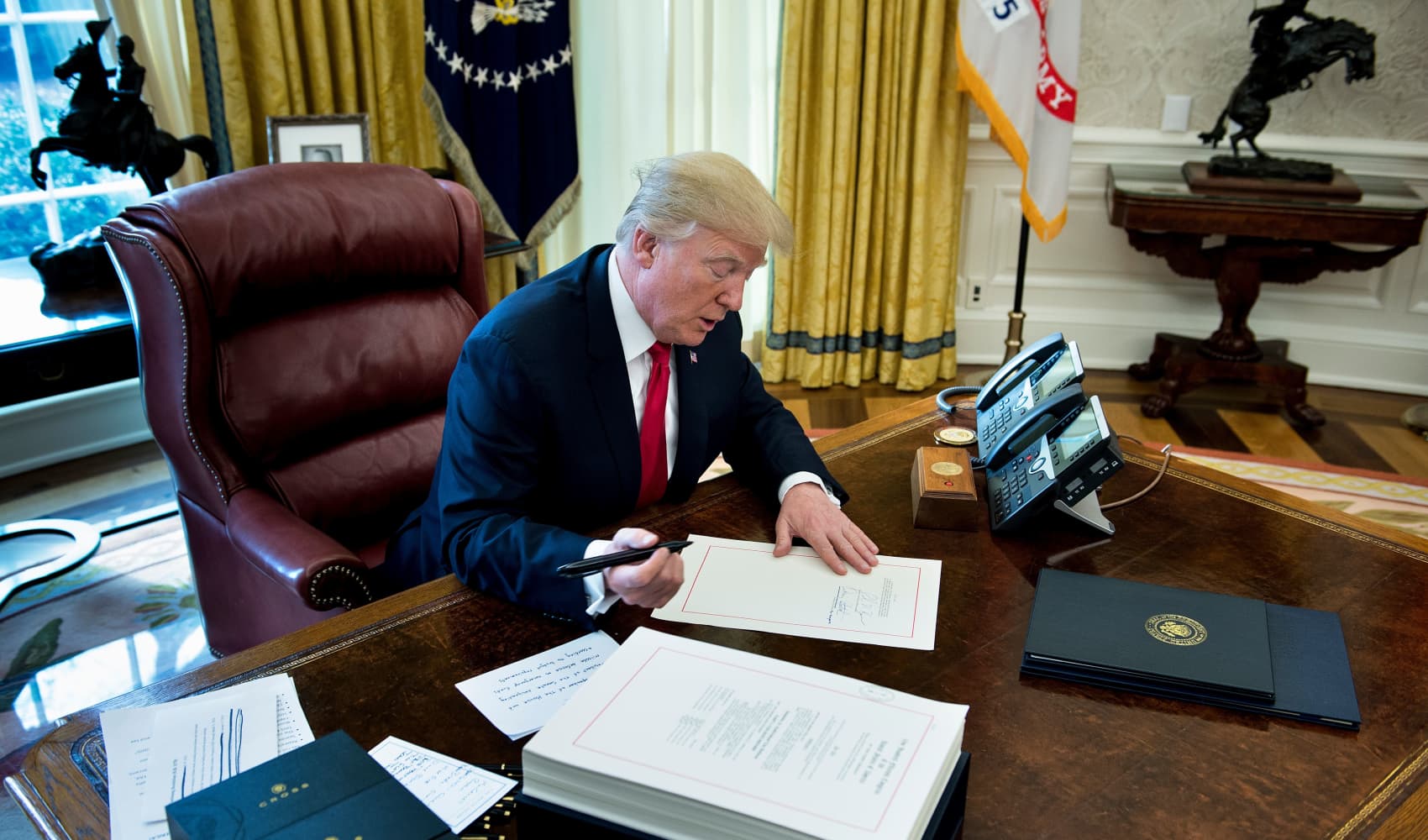
- Business leaders are still struggling to find their stride in motivating employees in the same way they were pre-pandemic.
- Hitendra Wadhwa, Columbia Business School professor and Mentora Institute founder, says that exemplary leadership can be unlocked in any executive — they just need to look inward.
- "More and more, as we seek to create human-centered organizations and empathetic leaders, people are warming up to the idea that love isn't just a romantic or possessive thing in our lives, but a force," Wadhwa said.

The new landscape of work has many managers scrambling to find a happy medium.
Worker productivity is down, despite back-to-office mandates, mental health seminars, and employee appreciation events. With Gen Z newly entering the workforce, there's an added layer of stress as executives attempt to understand their behaviors and integrate them with the other populations on their teams. A Resume Builder survey shows that three in four managers find it difficult to work with Gen Z, with some of the main reasons being lack of effort and motivation. This poses a challenge because Gen Z is projected to make up 27% of the workforce by 2025, which means companies will need to think of new ways to recruit and retain them.
As it becomes clearer that things are not going back to a pre-pandemic way, Columbia Business School professor and author Hitendra Wadhwa posits that the solutions are not external, but rather internal. The founder of the global leadership and performance development firm Mentora Institute, Wadhwa believes that leaders can find answers by looking inward. Good leadership, he says, is a state of being, accessible in everybody and waiting to be activated by the right kind of forces.
Speaking to human resources executives during a recent CNBC Workforce Executive Council virtual Town Hall, Wadhwa suggested making an impact on teams, or the "outer world," by developing their five key inner core energies: purpose, wisdom, growth, love and self-realization. Only by doing this, he said, can leaders learn to adapt to any situation that comes their way.
This is an idea that business executives tend to overlook, according to Wadhwa. Usually, the idea of an "inner core" is linked to a spiritual or philosophical origin and is thought more of as a contemplative approach to life itself. Yet, this is exactly what makes this methodology key to leadership. Rather than being a clear-cut formula or answer for the employee disengagement problem, it's an acknowledgment that everyone in the workforce is part of the human experience.
Money Report
Self-realization and growth, Wadhwa explained, are grounding energies meant to keep managers aligned with their inner voices and can be called upon when necessary. Purpose, wisdom and love are activating energies, allowing for quality decision-making and fostering relationships in the workplace.
"More and more, as we seek to create human-centered organizations and empathetic leaders, people are warming up to the idea that love isn't just a romantic or possessive thing in our lives, but a force," Wadhwa said.
By embracing their inner core — "the space of highest potential within them, their best self," he said — leaders will be better equipped to adapt to any situation that comes their way and meet the diversified needs of their employees.
The future of work requires empathetic leaders, and companies need to accept that or fall behind.
Right now, as executives scramble to reengage their workers, they can use the opportunity to evolve and reach the "paths to the mountaintop of human potential," Wadhwa said. Even in the midst of so much unpredictability and vitriol in the world, executives can choose a better path for their employees and firms by choosing a new path for themselves. "Life has thrust all of us into a moment in history and time, which is epochal, actually history-making," he said. "Perhaps we are all invited to be changemakers today."
Leaders do not need to seek answers from external sources, which may be a natural inclination but which are always changing. The inner voice, Wadhwa said, "Let us be questing for that. Let us be questing for a conviction that at the very core and center of our being, there is clarity."






